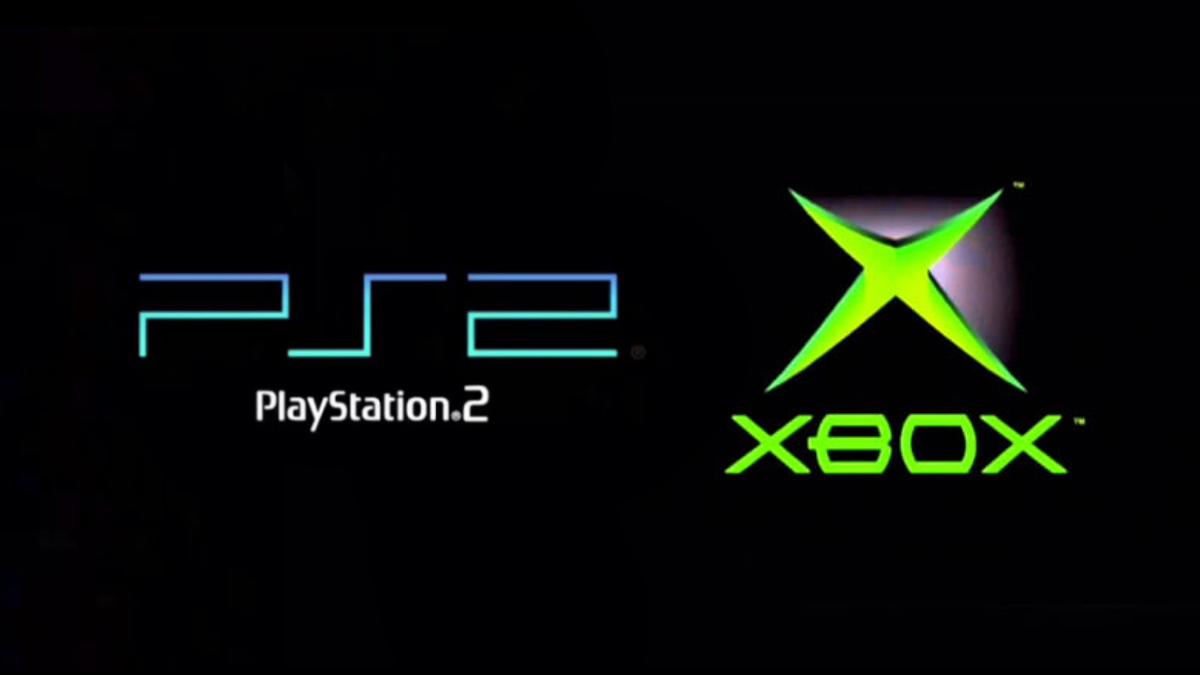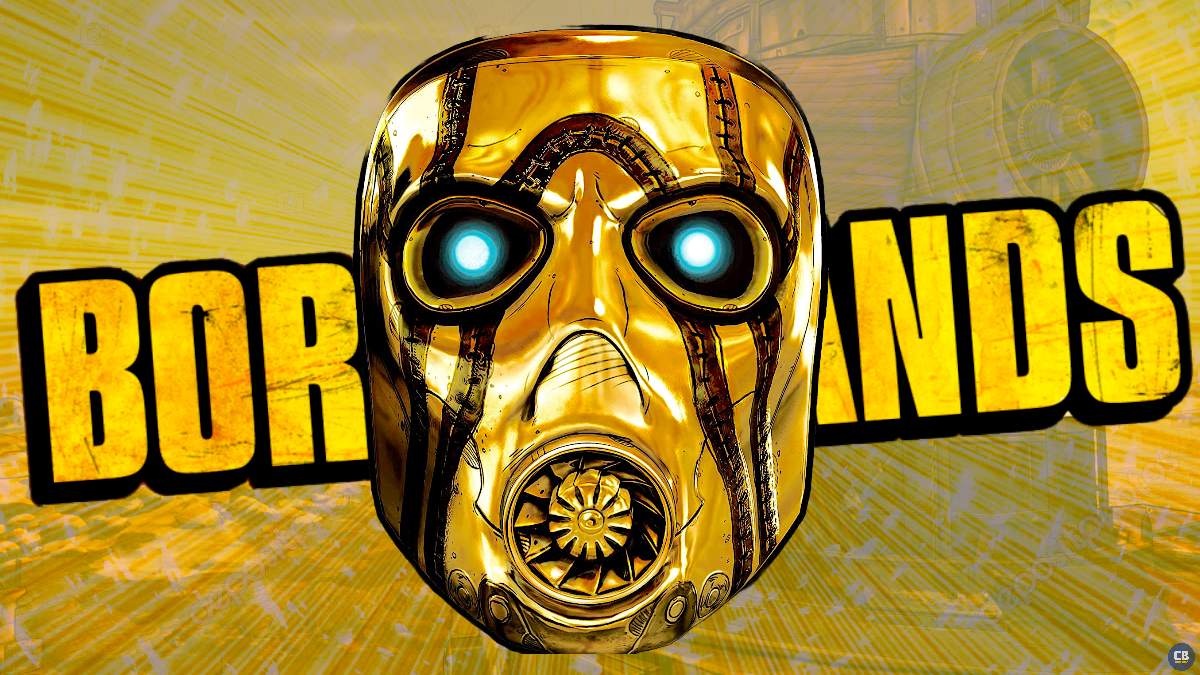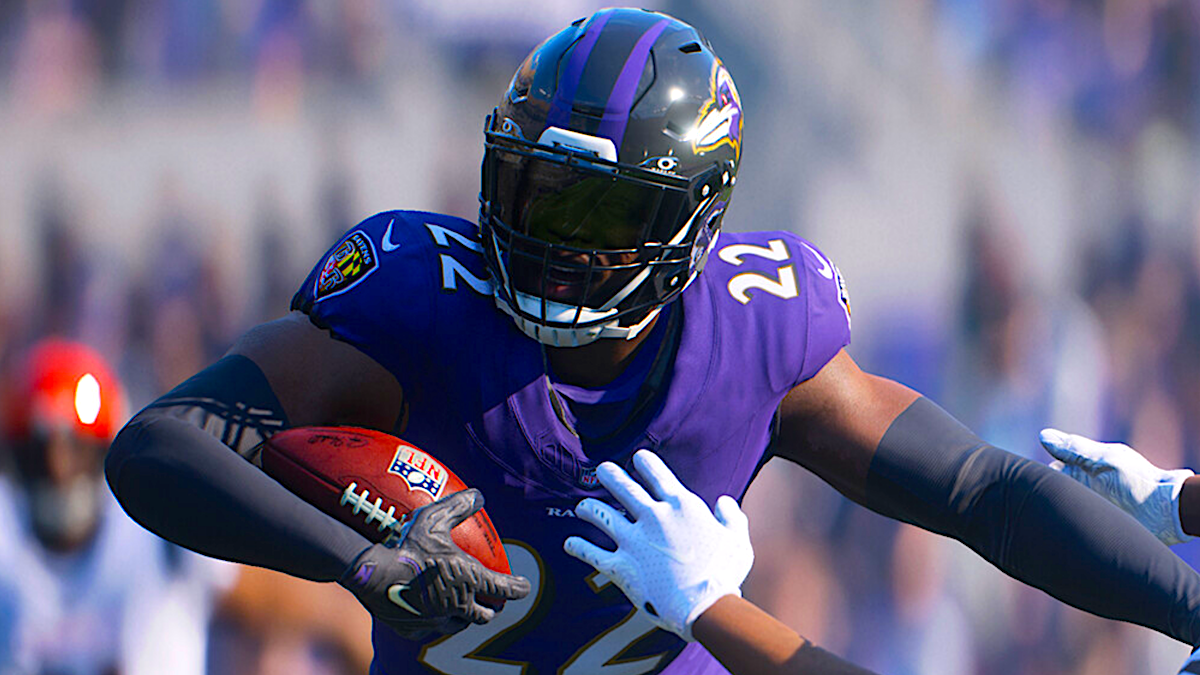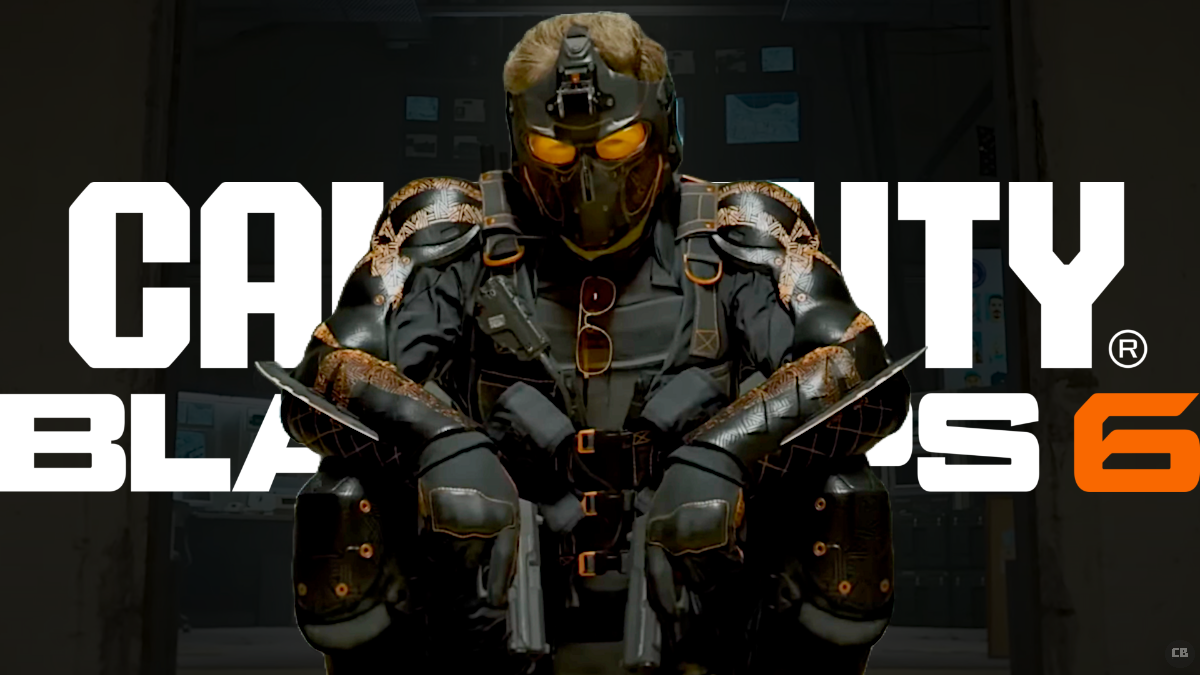Capone Director Josh Trank Talks Tom Hardy's Sweetness, Barton Fink, and NOFX
Many movie fans might connect Josh Trank's name with some highly recognizable franchises, having [...]
Many movie fans might connect Josh Trank's name with some highly recognizable franchises, having directed 2015's Fantastic Four and having worked with Lucasfilm to develop a Star Wars spinoff focusing on Boba Fett, and while his latest film might focus on a well-known figure, the new film, Capone, is far from being an accessible effort. Having found massive success with Chronicle, only to suffer through tumultuous relationships with major studios, Trank has delivered a highly ambitious, abrasive, and surreal experience with Capone, which sees him retaining nearly complete creative control as he wrote, directed, and edited the biopic, which debuts on VOD on May 12th.
In the film, "Once a ruthless businessman and bootlegger who ruled Chicago with an iron fist, Alfonse Capone (Tom Hardy) was the most infamous and feared gangster of American lore. At the age of 47, following nearly a decade of imprisonment, dementia rots Alfonse's mind and his past becomes present. Harrowing memories of his violent and brutal origins melt into his waking life. As he spends his final year surrounded by family with the FBI lying in wait, this ailing patriarch struggles to place the memory of the location of millions of dollars he hid away on his property."
ComicBook.com recently caught up with the filmmaker to discuss the development of the project, collaborating with Tom Hardy, and his favorite NOFX album.

ComicBook.com: Based on recent passionate comments about them in Polygon, let's set the record straight once and for all: What's your favorite NOFX album?
Josh Trank: Oh, God, that's a hard one.
I'm not pulling my punches.
This is Sophie's choice, man. Well, I would say they all have a very, very special place in my heart, all of them. I'm going to have to go with So Long and Thanks for All the Shoes, because there's such a wide range of styles of music that they experimented with on it. And I think just the use of El Hefe's trumpet playing really came through in a very special way, differently than a lot of their previous albums, and was just always a touchstone for me growing up.
But I mean, I love Punk in Drublic, and White Trash, Two Heebs and a Bean is great. I Heard They Suck Live is a great album. I've seen them live numerous times, and they don't suck live, although I'm sure there have been plenty of times where they have sucked and caused problems. But yeah, I'm a huge fan. What about you?
Well, I've gotta be honest...
You're like, "I hate NOFX." You're like, "They're not real punk rock."
Well, I'm not gonna say that, because I read that your response to that statement is, "F-ck you."
Dude, I cracked up when I read that. Because when me and [journalist Matt] Patches ... this was four years of conversations, and I didn't get a sneak peek. I didn't want a sneak peek, so I read it just when everybody else read it. And I laughed so hard when I read that. I'm like, "That is so something that I would've said in a moment." But that's not how I feel. I just think it's funny. Yeah, it's a good NOFX thing to say.
I'm sure they very much appreciated that reaction, the members that do know how to read.
I would highly recommend to you, by the way, The Hepatitis Bathtub. The book is incredible. And heartbreaking. Honestly, I cried numerous times when I read it, and I did not expect it. Their story is unbelievable. I mean, I'm getting emotional when I'm thinking about them. You don't have to be a NOFX fan or anything like that. It's just such an interesting story in the way that the author did it, where they basically took all four of the members of the band and interviewed them separately, and didn't tell any of them what the other one was saying. And while they were going chronologically, kind of like hopscotch-ing between the different members during that time, to get the different perspectives, you could hear where they remembered things differently and where Eric Melvin was talking about things where he was like, "The rest of my bandmates don't even know about this."
And it is just really, really, really interesting as a book. It's very unique as far as just like a rock and roll biography. I highly recommend it.
Well, that's all the time we have, thanks for chatting with me.
Yeah, all right. Good talking to you, man.
Actually we should try to talk a bit about the movie we're here to promote. Tom Hardy can be a maniac in any role he takes on, in the best way possible. With a film where he's playing this larger-than-life character who is descending into dementia, were there times on set where you had to tell him to reign it in? Possibly he was going a bit too far and changing the film's tone?
So I've known Tom now since autumn of 2016, and he's one of my best friends. We talk every day. We play Xbox together, and as a person, and I think it comes across, like people know this at this point, he's a really sweet guy. He's really down to earth, a family guy, just like the total opposite of any of these characters that he plays. But he plays them obviously really scarily well, right? To the point where the idea of his "going too far" is just a funny thought in my head, because that would be terrifying.
He has so much control over himself as a performer, in a way that I've never witnessed before. There's certain scenes where, in his most vulnerable and explosive, we would do various takes of things, where in the middle of the take, we would kind of stop for a minute, for whatever, a technical reason or something like that, and Tom is the kind of actor that is so professional at doing what he does. And I've seen this with a lot of actors before, where if they get distracted or something like, or if something throws them off, they'll lose their mind and be like, "What the f-ck?"
Tom is so the opposite of that. I got to know him, and we were friends and working together. We did a lot of work together before Capone started shooting. But there was definitely, in my reserve, I was ready once we got on set, I'm like, "You never know, this person I've gotten to know really might be totally different on set." And that wasn't the case. But there were certain situations [that could delay shooting a scene], where ... there was just something that happened, where it was like, I could've seen some other actor just snap because they were in the middle of a great performance. Tom literally, he's so chill. He'll be just like, "No, no, no, man. Man, it's fine."
He's just so nice. He's so respectful, to a degree that it's almost like, it's just baffling how cool he is, and that's the thing that everybody was even talking about on set. Everybody just loved him, and we all loved each other. It was just so much fun, and there was a real sense of us being a part of ... the crew and the cast and everybody there, the producers, we were part of this intimate theater company or something like that, where we all were there to support each other. It didn't matter what number you were on the call-sheet, there was a commune-esque feeling of equality on that set, it's not like, "Don't disturb Tom." He's chill. He's very, very good at pulling himself in and out.
He's not method remotely. He's so good at what he does that it's not bothersome for him to have to be pulled out of it and then have to do the same thing five more times. I wouldn't say it's easy, but it almost seems effortless to witness, because he's so refined and mature in his craft.
Not only Tom, but the entire film itself has to blend a number of different tones, as some of the more disturbing scenes lean into the inherent humor while others need to hold back on being goofy. Was the balance of tones baked into the script or was that something you had to figure out on set or while editing?
It was very much baked into the script. One of my favorite films of all time that was a really, really big inspiration for me, and there were not a lot of direct inspirations for this film coming from another film type of a thing. And when I say the film that I'm talking about, it wasn't a template. It was an inspiration of our mission to balance those tones, because it's something I've always wanted to approach, is Barton Fink by the Coen Brothers. Because that's a movie that is extremely strange, very emotional in a very odd way, and yet it's also hilarious. It's satirical, but it's also very real, and there's a real beating heart to it in the center. And it's also completely irreverent of itself.
You look at Barton Fink, and you wonder, "How do you distill that many qualities into a singular tone that just comes across as this organic body?" So, for me, that was the type of tone. And again, it's a hard tone to define, but it's the kind of multilayered amount of qualities that I set out to accomplish. And there were plenty of people along the way who had remarked to me about the script and different people about, like, this is quite a challenging tone to film and for it to all work together as a piece, as a single piece. And that's why I could not have made this movie with anybody else except for Tom Hardy at the center of it, because he's the only actor that I can think of who can carry that tone and can be as tragically prestigious in his acting skills as well as totally absurd and theatrical in the same way.
In addition to an earlier piece mentioning your affinity for NOFX, you also mentioned something about a Pumpkinhead reboot. Was that something you were attached to at one point?
The Pumpkinhead thing was really funny, because I guess when Matt was finishing his piece and wanted to just follow up and just double-check on some things, he asked about Pumpkinhead, because I didn't even remember bringing that up at one point, and I guess it was like when I first started talking to him, and I'd kind of forgotten about it.
There was nothing significant to it. I, at one point, had a conversation with my agent, because I had gone from doing my, I guess, sort of micro payday, or whatever, indie movie, Chronicle, and then things started falling apart or whatever. But there was a lot of incoming stuff. But after Fantastic Four, there was nothing, literally nothing came in, which is fine. It did not surprise me, and it was up to me at that point to just generate my own content.
At one point, about a year later, I was on the phone with my agent, and he had mentioned to me in passing that at one of their morning meetings at the agency, somebody had brought up that there was a Pumpkinhead remake. And I mean, this is over four years ago, but there was a Pumpkinhead remake and they were open to taking meetings with directors for that. So it wasn't something that was brought to me. It was mentioned to me from my agent, "Do you have any interest in wanting to pursue something like that? If you want, we can set up that meeting." That's really all it was.
To be honest, I'm obviously a huge film buff, but I have never seen Pumpkinhead. So it would be funny if I watched it, and then I was suddenly, like [wanted to reboot it]. I should watch it though, but I have not seen Pumpkinhead. My good friend [VFW and Bliss director] Joe Begos might get mad at me if he ever found out that I haven't seen it. He'll find out soon, when you print it. I'll deal with it.
Oh yeah, I know Joe and [producing partner] Josh [Ethier].
I love Joe as a human being, and I have so much respect for him, and I'm a f-cking fan of his. He's so good as a filmmaker. He's the kind of filmmaker that I love, that he's like a contemporary, and I just hope there's kids out there that are fans of his that are going to be inspired and want to just go make their movies the way that he does, because he just makes movies.
You were announced as developing a Star Wars spinoff and everyone was shocked when you left that project, but in the years since that departure, so many other filmmakers have left Lucasfilm that it's almost a running joke about the departures. How has seeing other filmmakers leave the studio impacted you? Has it lessened the weight of those decisions?
Well, I mean, like I had said to Matt, it was pretty much obvious I was going to be fired, so that was my option was you could leave now or get shot in the face, right? But as far as when [Phil Lord and Chris Miller left Solo: A Star Wars Story], there were people who were calling me up or texting me with a link to the article to the news and being like, "This has got to make you feel a lot better."
And my answer was always, "No. I actually would've really like to see Lord and MIller's Han Solo." I'm still a fan at the end of the day, and I know that it would make sense for me to have some sort of alleviation. And that's not in any way shape or form to rub my nose at the question, because it's a great question. My answer is ... it's complicated. It doesn't make me feel good to hear that something didn't work out for people who I have tremendous respect for. I'm a fan of Star Wars. I would love for those movies to work and to be great.
[Star Wars: The Last Jedi writer/director] Rian Johnson is a hero of mine, and I'm lucky enough to call him a friend. He's a great, wonderful guy. I loved his Star Wars. And whatever his ability within that system to navigate and to be able to make those films, he's figured that out. I don't know what it is, but he's figured it out. And hats off to Rian, and I want to see him make more Star Wars movies. I just want to see more Rian Johnson movies, in general. But as far as it relates to Star Wars, it doesn't give me any pleasure or relief whatsoever to know that something didn't work out, because all it does is it reminds you of situations where things didn't work out for you, and that sucks.
*****
Capone lands on VOD on May 12th.




